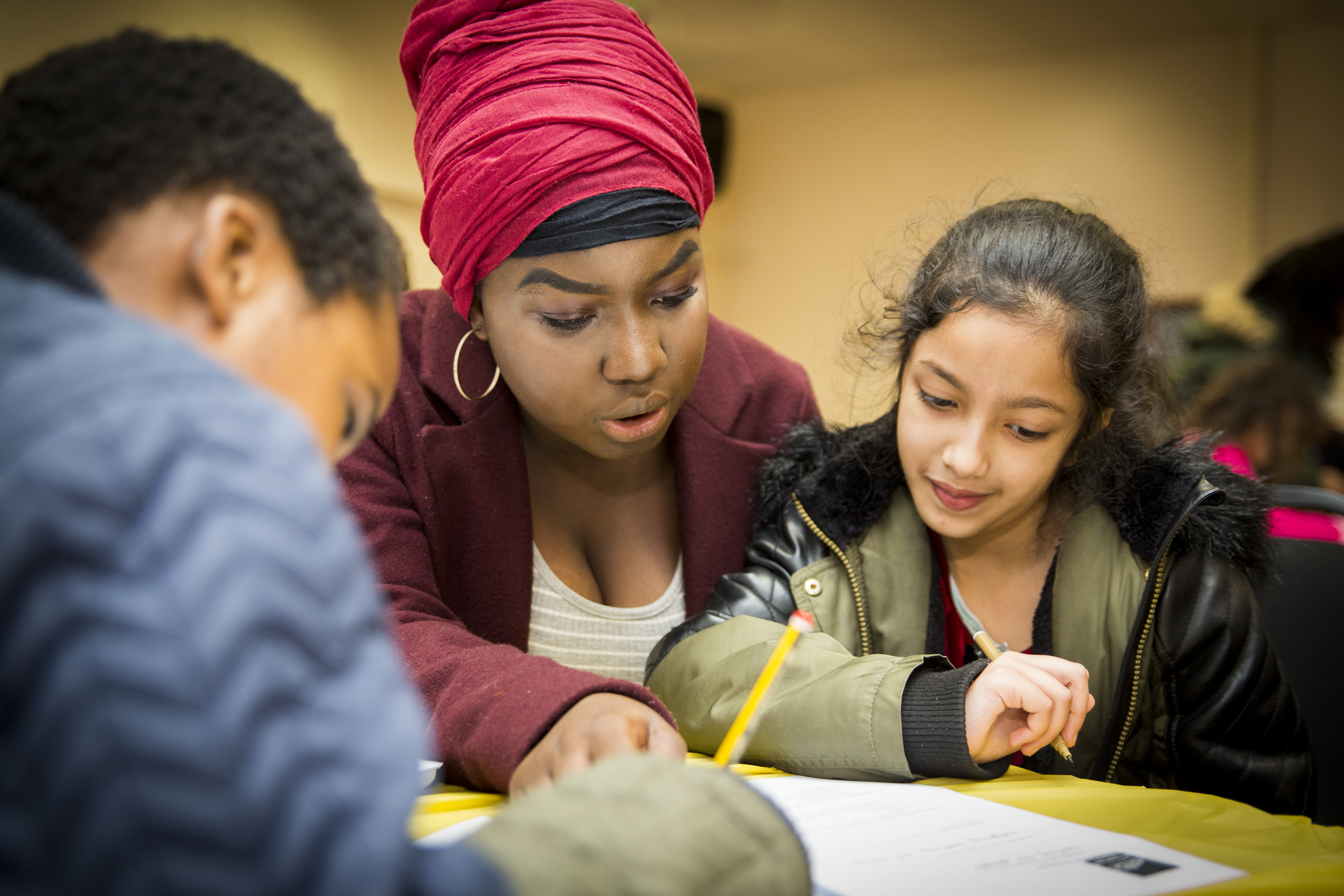Female workers continue to earn significantly less than their male colleagues in a charity sector marred by low pay, official figures have revealed.
Disabled workers are also missing out on good salaries, added the Department of Digital, Culture, Media and Sport (DCMS) figures for 2021.
These also show that the charity sector is blighted by low pay compared to other sectors looked at in its workforce analysis.
The average hourly charity sector pay rate is £13.63, which is only around 1% above the UK average.
In contrast, the digital sector average is £20.74, more than 50% above the UK average. The average hourly rate among creative industries is £19.24, in telecoms it is £17.30 and in the culture sector the rate is £15.08.
Only workers in the gambling and sport sector are paid less.
Women and disabled charity workers are among the hardest hit.
For every £1 earned by a male worker, women earn just 86p and disabled charity staff earn only 87p.
More than two thirds (67.9%) of charity sector roles are held by women and a fifth (20.6%) by those with a disability.
Despite the sector blighted by ongoing salary disparities, the pay gap for women has reduced over the last year.
From January to December 2021 the gender pay gap for women in the sector of 13.6% and for disabled people it is 13.2%, according to figures released this month.
Figures released late last year showed that the gender pay gap was 20.8%.
Diversity reporting
In addition, less one in ten (9.5%) charity workers are from ethnic minority groups.
These latest DCMS figures have emerged as the Operation Transparency campaign group calls for the Charity Commission to require charities to report on diversity in their workforce. They say the move will improve transparency around pay and recruitment.
Campaigners warn that the regulator itself is impacted by a lack of diversity and transparency when recruiting to senior roles.
Last month it emerged that only one Black or minority ethnic candidate may have every been shortlisted to charity the Charity Commission, as the DCMS does not retain information on appointments before 2018.
No BAME or disabled applicants were interviewed for the post when former Conservative minister Baroness Stowell was selected for years ago.
The campaign is backed by among others shadow charities minister Barbara Keeley.
Workforce up on pre-pandemic levels
Meanwhile, the figures also show that charities employ 30,000 more staff that they before the Covid health crisis started,
The DCMS statistics for 2021 show there were 927,000 filled jobs in the charity sector, an increase of 30,000 (3.3%) since pre pandemic levels in 2019. But this is down 4,000 (0.5%) in the number of staff in the civil society sector employed amid lockdowns and the height of the pandemic in 2020.
Latest News
-
X-odus sparks video content boom among charities, report finds
-
Charity handed £25m endowment from autistic philanthropist to help others with the condition
-
Civil Society Covenant blighted by delays and U-turns, report warns
-
More than 30 jobs at risk as hospice charity looks to close home care service
-
Cranfield Trust: A guide for charity leaders on navigating local authority devolution
-
Friday funding roundup - 20 February
Charity Times video Q&A: In conversation with Hilda Hayo, CEO of Dementia UK
Charity Times editor, Lauren Weymouth, is joined by Dementia UK CEO, Hilda Hayo to discuss why the charity receives such high workplace satisfaction results, what a positive working culture looks like and the importance of lived experience among staff. The pair talk about challenges facing the charity, the impact felt by the pandemic and how it's striving to overcome obstacles and continue to be a highly impactful organisation for anybody affected by dementia.
Charity Times Awards 2023
Mitigating risk and reducing claims

The cost-of-living crisis is impacting charities in a number of ways, including the risks they take. Endsleigh Insurance’s* senior risk management consultant Scott Crichton joins Charity Times to discuss the ramifications of prioritising certain types of risk over others, the financial implications risk can have if not managed properly, and tips for charities to help manage those risks.
* Coming soon… Howden, the new name for Endsleigh.
* Coming soon… Howden, the new name for Endsleigh.
Better Society

© 2021 Perspective Publishing Privacy & Cookies














Recent Stories